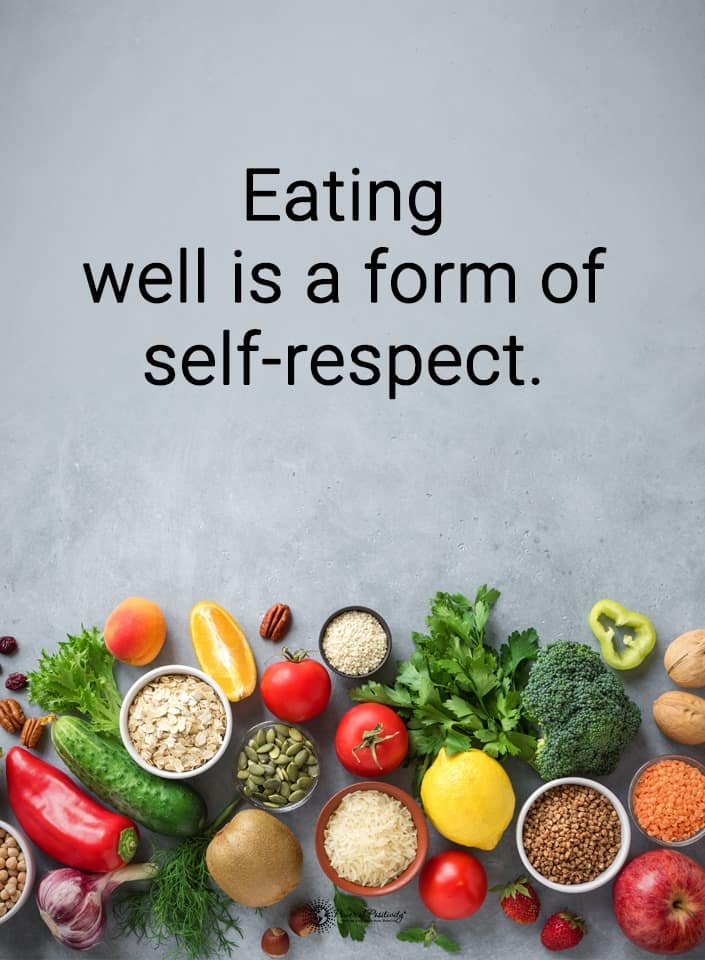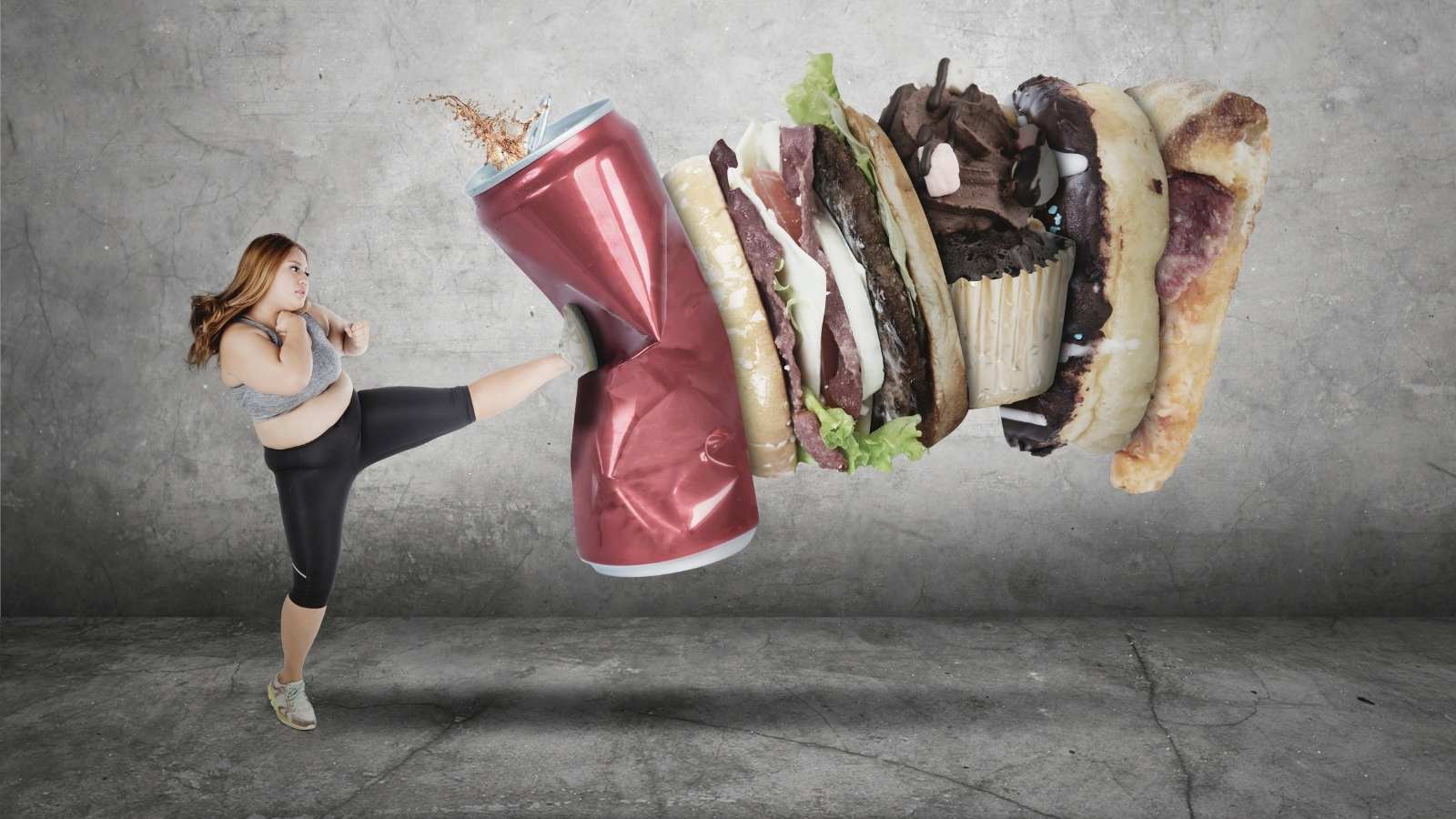Are you on the right path with diet and fitness? What if some of the foods you’ve always believed in may not be so healthy for you? It’s confusing to know what to eat and avoid as the dieting market once said eggs were so bad due to high cholesterol.
Now, they’re considered one of the best breakfast foods for their protein content. Low carb dieters praise eggs. It gives hope to the potato, which is currently being shunned for its high levels of starch. Yes, if you want to eat the right foods, even something nature provides is not always the best choice.
12 Foods That May Be Not So Healthy
 Is it possible that you’ve been going about your healthy eating all wrong? Could you be eating foods or portions that are packing on the pounds rather than shedding them? Thankfully, some foods can improve your health and boost immunity, but you need to learn the facts. Here are 12 food items that you should avoid in your diet.
Is it possible that you’ve been going about your healthy eating all wrong? Could you be eating foods or portions that are packing on the pounds rather than shedding them? Thankfully, some foods can improve your health and boost immunity, but you need to learn the facts. Here are 12 food items that you should avoid in your diet.
1. Soy Products
For years, soybeans have been the darling of American agriculture. An article published by the Union of Concerned Scientists states that the United States is the top producer of soybeans globally. No wonder you find it in many “health” food aisles as soy milk and soy protein is used for meat replacement.
This not so healthy food is also the main ingredient in many baby formulas on the market? Well, isn’t soy packed with protein and is good for you? The answer, says research published by Environ Health Project, is highly debatable.
One of the most significant concerns is the isoflavones that are present in soybeans. The study explains that these are plant hormones similar to human estrogen and may cause imbalances in the endocrine system. Plus, some people are allergic to soy products, which can cause major issues with their digestive health.
2. Margarine
Before you spread some margarine on your morning toast, you may consider that it’s not the healthiest butter alternative. While it doesn’t have saturated fats like dairy butter, many are loaded with trans fats. The American Heart Association claims that trans fats (partially hydrogenated oils) are linked to heart disease, stroke, an increase in bad cholesterol, and Type 2 Diabetes.
Instead, why not enjoy the real thing in moderation. Another report from the American Heart Association recommends that you consume no more than eight percent of your calories from saturated fats like butter. They also suggest that you try unsaturated fats like avocado and olive oil.
3. Fruit Juice
According to the USDA recommended guidelines, you should enjoy 1-2 servings of fruit each day, depending on your activity level. Each serving equals 8 ounces of fresh fruit, pureed, or in the form of fruit juice. At a closer glance, the juice option may not be healthy.
The concern for drinking fruit juice is getting too much fructose, the natural sugar found in fruit. A report published by the American College of Cardiology claims that fructose-sweetened foods can be detrimental to your health. The research found that it’s mostly metabolized in the liver and can contribute to cardiovascular disease, Type 2 diabetes, and stroke.
4. Microwave Popcorn
What would movie night be without a tempting bowl of buttery popcorn? Traditionally prepared popcorn is a healthy snack that you can feel good about eating. How it’s prepared and how you season it makes the difference if it’s good for you or not.
For centuries, people heated popcorn kernels over the fire or in hot oil to make them pop. The modern hot air popcorn machine made popcorn a little quicker and without the fattening oil. In the name of convenience, microwavable popcorn came on the scene, and experts warn that it’s not so healthy for you.
It’s not the popcorn itself, but rather the microwavable bag. These seemingly innocent bags are lined with a PFOA chemical, which is used to make non-stick coatings. It’s among the several chemicals that can be a health hazard.
Your best bet is to prepare your popcorn in a little oil or use a hot air popper and take it easy on the salt.
5. Shrimp
If you are a seafood fan, shrimp may be your go-to shellfish. These meaty crustaceans are a must for stellar seafood dishes from around the world. Think about shrimp scampi, boiled shrimp, fried shrimp, and butterfly style fresh from the barbeque.
Once you learn a little more about these plump shellfish, you may discover that they’re not so healthy to consume. According to an article published by People for the Ethical Treatment of Animals, shrimp are bottom-dwelling scavengers that feed on dead things and parasites. Plus, some of them from overseas are treated with dangerous hormones and antibiotics.
6. Table Salt
For thousands of years, salt has been admired for its curative and culinary properties. Some of the earliest human records of salt mining are from central China c. 1,000 BCE. Today, it remains an integral part of human health and culture.
However, not all salts are created equal. The saltshaker that you keep on your table maybe not be so healthy for you. Regular table salt goes through a bleaching process that may minimize its valuable mineral content, states an article published by the American Heart Association. Instead, consider using kosher or sea salt.
 7. Industrial Farmed Meat
7. Industrial Farmed Meat
Did you grow up on the classic dinners of meat and potatoes? Animal meat and plant sources provide essential protein that your body needs to be healthy. Do you know where your meat products come from and what the animals consumed?
A startling report from The Pew Charitable Trust Foundation says that approximately 29.9 million pounds of antibiotics were sold for food animal production in 2011. The same report also found that approximately 2 million people are infected by resistant bacteria each year.
It’s a better idea to eat meat that is locally sourced, and you know how the animals are treated and what they eat.
8. Artificial Sweeteners
It stands to reason that eating so-called sugar-free food would be a healthier option than the foods laden with sugar. You can find artificial sweeteners in just about any “healthy” foods you see. Replacing natural sugar with chemical sweeteners may not be so healthy.
According to a study published by the Journal of Pharmacology and Pharmacotherapeutics, the link between artificial sweeteners and weight gain, cancer, and other health hazards are convincing. Your better options may be natural sweeteners like honey, stevia, or pure maple syrup.
9. Vegetable Oils
For the same reason that margarine isn’t healthy, you might also consider avoiding vegetable oils. Did you know that the trans fats that compose most vegetable oils may cause autoimmune disorders, insulin resistance, cancer, and Type 2 diabetes? Less toxic oils include canola, olive oil, or safflower.
10. Sugar Alcohols
Just because something is labeled, “low-sugar” or “sugar-free” doesn’t necessarily mean it’s good for you. Many of these foods contain sugar alcohols that are derived from genetically modified corn. You’ll see them on the nutritional label as xylitol, sorbitol, erythritol, and many others that usually end with “tol.”
Sugar alcohols usually have fewer calories and carbs than sugar. However, they can cause gastrointestinal upset, especially bloating and diarrhea. If you are craving something sweet, you might consider eating a smaller portion of the regular version in moderation.
11. Canned Green Beans
How could you go wrong with a nutritious serving of green beans? Not only are these verdant legumes delicious and inexpensive, but they are chock full of vitamins and minerals. However, canned varieties tend to be higher in sodium.
There are also concerns about levels of BPA found in some canned green beans, says research from Consumer Reports. If you want canned green beans’ convenience, the article suggests that you buy organic, BPA-free, and low-sodium.
12. Fat-Free or Low-Fat Milk
If you heed conventional wisdom, you probably buy fat-free or low-fat milk instead of the full-fat version. Your reasoning may be that consuming less fat will be better for your waistline. However, low-fat and no-fat milk is not as healthy as you think.
In March of 2020, the Journal for Advances in Nutrition questioned the health benefits of low-fat dairy products in a published report. The researchers conclude that there’s no evidence suggesting that low-fat dairy is healthier than whole fat. Additionally, the report says that full-fat dairy products can be consumed in moderation as part of a healthy diet plan.
 Final Thoughts on These Twelve Not So Healthy Foods
Final Thoughts on These Twelve Not So Healthy Foods
There’s no doubt that observing a healthy diet with lean protein, fruit, veggies, whole grains, and beneficial fats is good for you. However, there are some foods you thought were perfect that you might consider avoiding. For more information, consult a registered dietician on a healthy eating plan tailored for your needs.

















